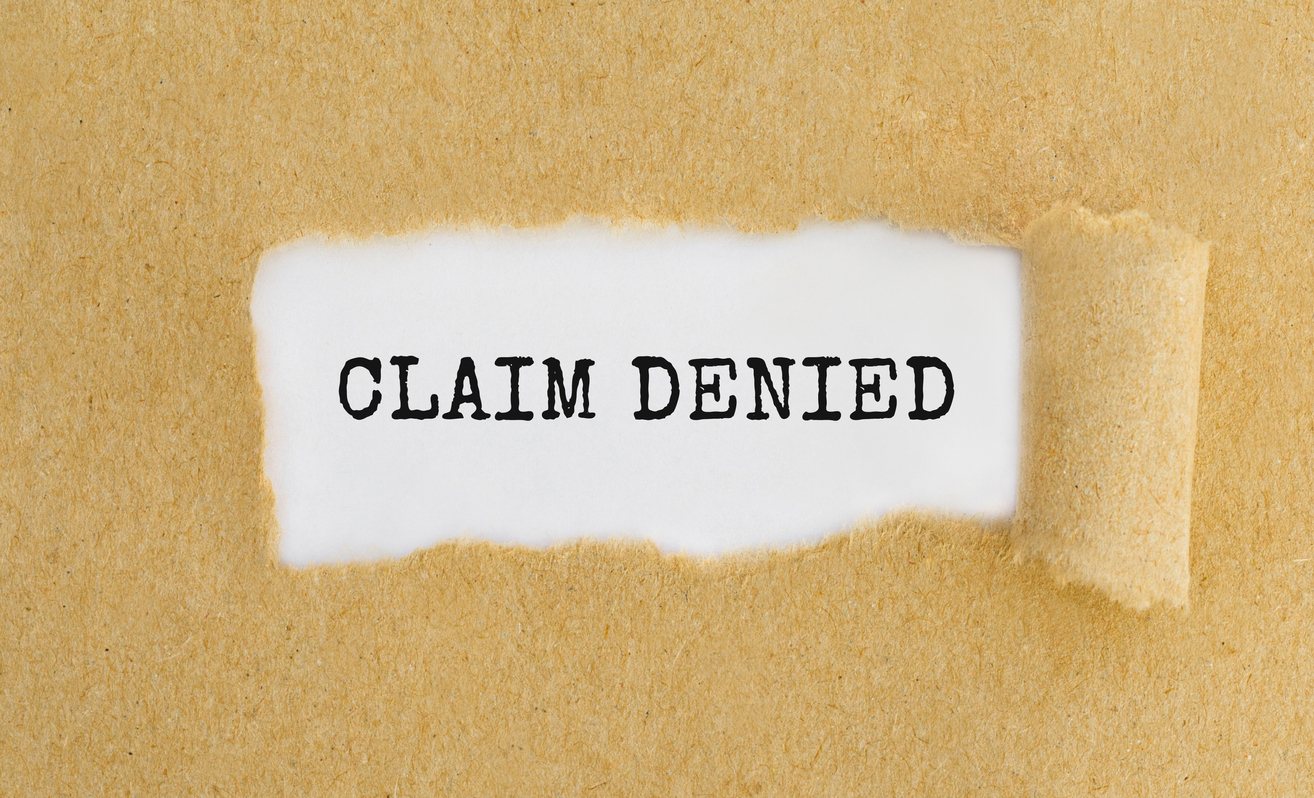(Note: This guest blog is by Ilira Ndreu, a Summer Law Clerk in our Tampa office)
In the past few years, the U.S. Virgin Islands have experienced multiples catastrophic hurricanes. These storms have prompted various questions concerning the Virgin Islands, including time limitations that should be considered by policyholders.
Federal Rule of Civil Procedure 4(m) outlines the timing requirements for service of process. Rule 4(m) says:
If a defendant is not served within 90 days after the complaint is filed, the court—on motion or on its own after notice to the plaintiff—must dismiss the action without prejudice against that defendant or order that service be made within a specified time. But if the plaintiff shows good cause for the failure, the court must extend the time for service for an appropriate period.
The Superior Court of the Virgin Islands has its own set of rules. However, U.S.V.I. Superior Court Rule 27 says “summons and process shall be served in the same manner as required to be served by Rule 4 of the Federal Rules of Civil Procedure.”1 This means that in the U.S. Virgin Islands, a plaintiff has ninety days after they file their complaint to serve the defendants.2
Generally, before a court may dismiss a complaint against a party for lack of service, it must consider whether good cause exists to extend the 90-day time limit for service.3 In determining good cause, there are four factors courts will generally consider:
- The reasonableness of the plaintiff’s efforts to effect service;
- prejudice to the defendant because of untimely service;
- whether the plaintiff has moved for an enlargement of time; and
- whether the statute of limitations will bar the plaintiff’s claims if the action is dismissed.4
In all instances, however, “it is the plaintiff’s burden to show good cause.”5
However, even if good cause is lacking, the court can extend the time to effectuate proper service.6 How courts approach situations in which service is not accomplished within ninety days changed in 1993.7 After 1993, the court was given the discretion to either dismiss the case or extend the time period for service when there is no showing of good cause.8 In this respect, the court can permit an extension even if there is no ‘good cause’ to explain why service was not timely completed.9 Strict adherence to the deadline is unwarranted if a party is served, but just served late.10
If the defendant cannot show that they were harmed by the untimely service of process, then presumably, all that would be gained from a dismissal would be that the plaintiff would file an identical complaint. If the court finds that dismissing the complaint would not be productive and would cause unnecessary expense, there is a possibility the court would deny the defendant’s motions to dismiss pursuant to Rule 4(m).11
This is good news for policyholders in the Virgin Islands. After being struck by a hurricane, policyholders are still in survival mode as they deal with the lingering psychological and physical damage. As the policyholders continue to rebuild, it is easy for legal deadlines to pass by, forcing them to deal with yet another issue with their insurance company.
________________________________________
1 Hurtault v. Hess Oil V.I Corp., SX-05-CV-791, 69 V.I., 2018 V.I LEXIS 114, at *9, 2018 WL 5304550 (V.I Super. Ct. Oct. 24, 2018).
2 See Fed. R. Civ. P. 4(m) (2006 ed.); cf. V.I R. Civ. P. 4(m).
3 McKenzie v. Hess Oil V.I. Corp., 70 V.I. 210 (Super. Ct. 2019).
4 Sanchez v. United States, 2016 U.S. Dist. LEXIS 20316, at *4-5 (D.V.I. Feb. 19, 2016).
5 Beachside Assocs., LLC v. Fishman, 53 V.I. 700, 713 (V.I. 2010).
6 McKenzie, 70 V.I. at 210. Frazier-Alexis v. Superior Court of the V.I., 2019 U.S. Dist. LEXIS 58664, at *7 (D.V.I. Apr. 3, 2019).
7 Charles v. Woodley, 47 V.I. 202 (Super. Ct. 2005).
8 Id.
9 Id.
10 McKenzie, 70 V.I. at 210.
11 Vax v. Comm’r of Int. Rev. Serv., 156 F.R.D. 272, 274 (N.D. Ga. 1994).



